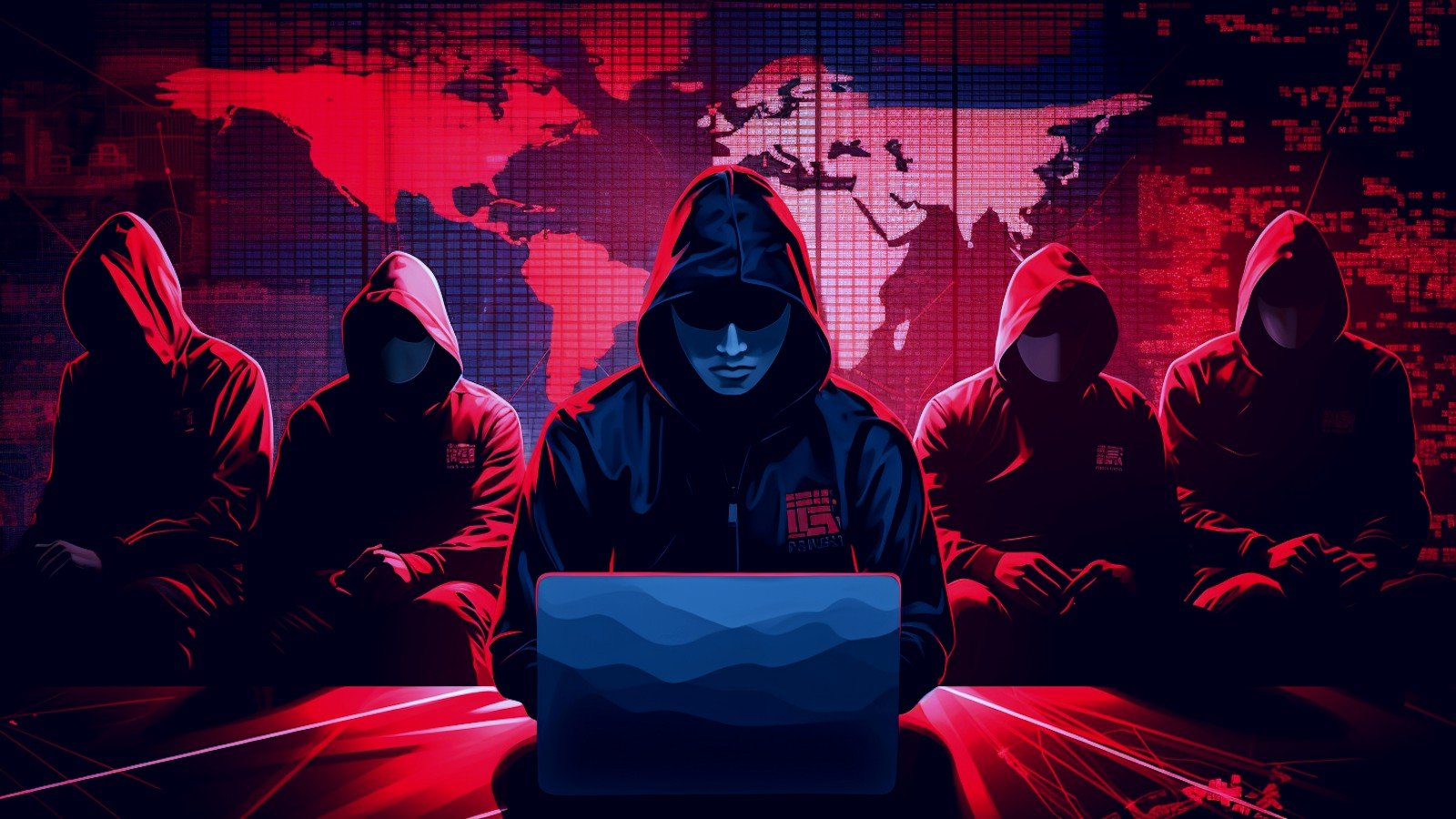
The North Korean state-sponsored hackers referred to as Kimsuky has reportedly suffered a knowledge breach after two hackers, who describe themselves as the other of Kimsuky’s values, stole the group’s information and leaked it publicly on-line.
The 2 hackers, named ‘Saber’ and ‘cyb0rg,’ cited moral causes for his or her actions, saying Kimsuky is “hacking for all of the incorrect causes,” claiming they’re pushed by political agendas and comply with regime orders as a substitute of practising the artwork of hacking independently.
“Kimsuky, you aren’t a hacker. You’re pushed by monetary greed, to complement your leaders, and to satisfy their political agenda,” reads the hackers’ tackle to Kimsuky printed within the newest difficulty of Phrack, which was distributed on the DEF CON 33 convention.
“You steal from others and favour your personal. You worth your self above the others: You’re morally perverted.”
The hackers dumped a portion of Kimsuky’s backend, exposing each their tooling and a few of their stolen information that would present perception into unknown campaigns and undocumented compromises.
The 8.9GB dump at the moment hosted on the ‘Distributed Denial of Secrets and techniques’‘ web site comprises, amongst others:
- Phishing logs with a number of dcc.mil.kr (Protection Counterintelligence Command) e-mail accounts.
- Different focused domains: spo.go.kr, korea.kr, daum.web, kakao.com, naver.com.
- .7z archive containing the entire supply code of South Korea’s Ministry of International Affairs e-mail platform (“Kebi”), together with webmail, admin, and archive modules.
- References to South Korean citizen certificates and curated lists of college professors.
- PHP “Generator” toolkit for constructing phishing websites with detection evasion and redirection methods.
- Reside phishing kits.
- Unknown binary archives (voS9AyMZ.tar.gz, Black.x64.tar.gz) and executables (payload.bin, payload_test.bin, s.x64.bin) not flagged in VirusTotal.
- Cobalt Strike loaders, reverse shells, and Onnara proxy modules present in VMware drag-and-drop cache.
- Chrome historical past and configs linking to suspicious GitHub accounts (wwh1004.github.io, and many others.), VPN purchases (PureVPN, ZoogVPN) through Google Pay, and frequent use of hacking boards (freebuf.com, xaker.ru).
- Google Translate use for Chinese language error messages and visits to Taiwan authorities and navy websites.
- Bash historical past with SSH connections to inside methods.
The hackers observe that a number of the above are already recognized or beforehand documented, at the least partially.
Nevertheless, the dump offers a brand new dimension to the information and gives interlinking between Kimsuky’s instruments and actions, exposing and successfully “burning” the APT’s infrastructure and strategies.
BleepingComputer has contacted varied safety researchers to substantiate the veracity of the leaked paperwork and its worth and can replace the story if we obtain a response.
Whereas the breach will probably not have long-term affect on Kimsuky’s operations, it might result in operational difficulties for Kimsuky and disruptions to ongoing campaigns.
The newest difficulty of Phrack (#72) is at the moment solely accessible in a restricted bodily copy, however the on-line model ought to be prepared for folks to learn free of charge within the following days from right here.


